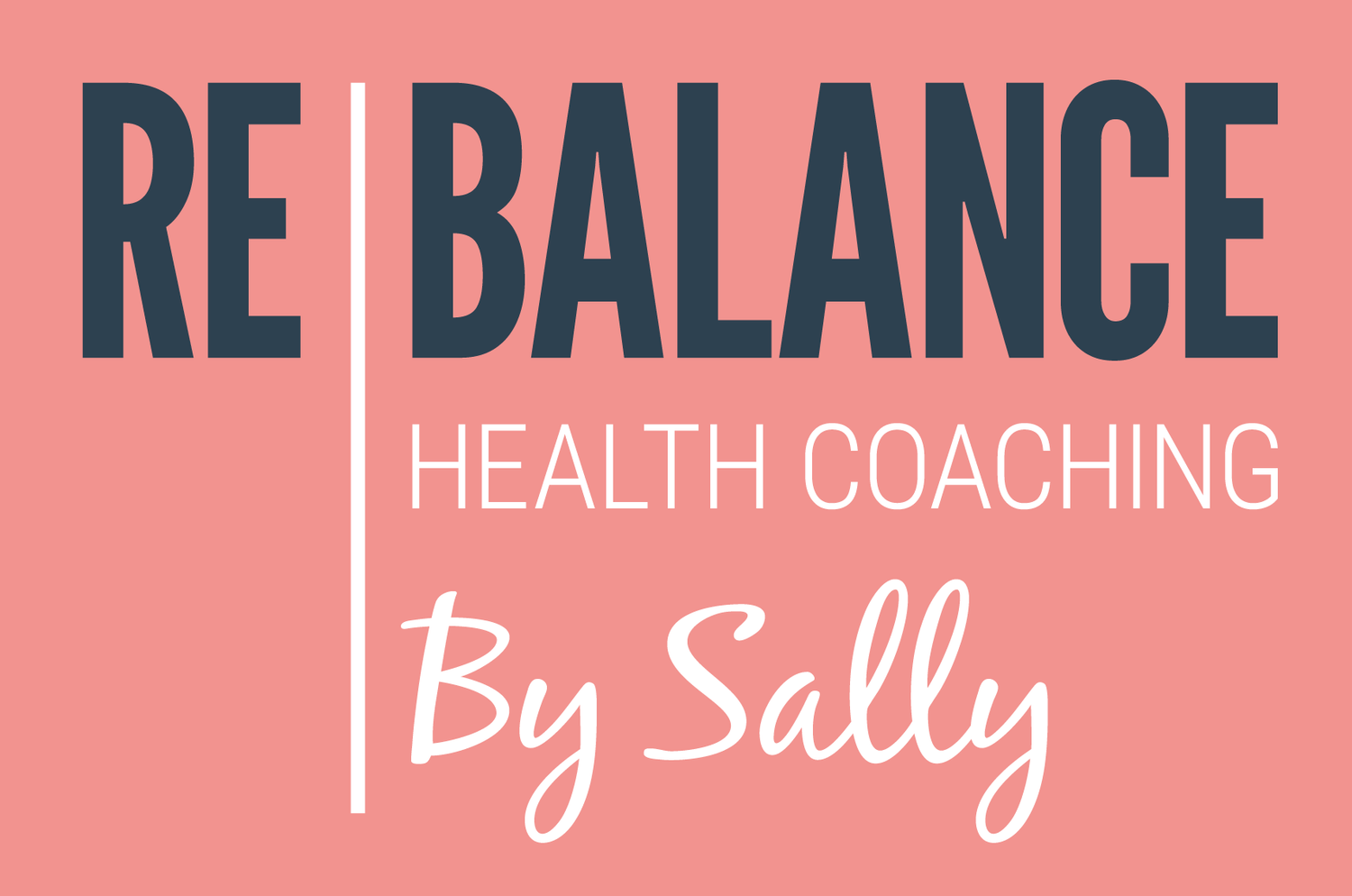why is gut health important for menopause?
Maintaining good gut health is important for overall health and well-being, and it’s especially important during menopause. The decline of oestrogen levels during perimenopause and menopause has a negative impact on the diversity of the gut microbiome (the community of microorganisms that live in the digestive system). This change may result in an imbalance of good bacteria and harmful bacteria in the gut, potentially affecting digestion, immune function, mood and metabolism.
If, like many women, you’re struggling with menopause symptoms such as mood swings, weight gain, sleep problems, bloating or constipation then read on ……
Why is gut health important during menopause?
Hormone metabolism: Oestrogen levels decrease during menopause, and a healthy gut helps ensure that oestrogen is properly metabolised and eliminated from the body. Imbalances in gut bacteria can affect hormone metabolism and may contribute to symptoms such as mood swings and weight gain.
Nutrient absorption: A healthy gut is essential for efficient nutrient absorption. During menopause, the body's nutrient needs may change, and proper absorption becomes even more critical. Adequate intake of vitamins, minerals, and other nutrients can help support bone health, cardiovascular health, and overall vitality during this stage of life.
Weight management: Many women experience weight gain or changes in body shape during menopause. The ‘spare tyre’ or ‘muffin top’ around the middle is very common. A healthy gut can support weight management by improving metabolism and controlling appetite. Gut bacteria can influence how food is digested and absorbed in your body and how fats are stored, so maintaining a diverse and balanced gut microbiome may be beneficial for weight management.
Mood and mental health: Hormonal fluctuations during menopause can impact mood and mental health. The gut-brain axis, a bidirectional communication network between the gut and the brain, plays a crucial role in regulating mood and emotional well-being. A healthy gut with a diverse microbiome can help support optimal brain function and may contribute to better mood stability during menopause.
Digestive health: Menopause can cause changes in digestion, including symptoms such as bloating, constipation, or diarrhoea. A healthy gut can help alleviate these discomforts by maintaining regular bowel movements, aiding movement of food through the gut, and helping to keep the intestinal lining intact.
Sleep quality: Research has shown that gut microbiome diversity can improve sleep quality and total sleep time, while reducing night time waking.
What can you do to support gut health during menopause?
Diversity of diet: Focus on a wide range of whole, unprocessed foods that are rich in fibre, vitamins, and minerals. Include a variety of fruits, vegetables, whole grains, legumes, herbs, spices, nuts and seeds in your diet.
Consume probiotic foods: Probiotics are ‘good’ bacteria that can help promote a healthy gut. Include fermented foods like natural yoghurt, kefir, sauerkraut, miso, kombucha and kimchi in your diet to introduce ‘good’ bacteria.
Consume prebiotic foods: Prebiotic foods have fibre that feeds the good bacteria in the gut. Prebiotic rich foods include asparagus, apples, onions, garlic, leeks, bananas, legumes, oats.
Avoid substances harmful to the gut: Smoking, excessive consumption of alcohol and antibiotics can be harmful to the gut microbiome. Diets high in sugar, artificial sweeteners, fat and processed foods can also lead to microbiome disruption.
Stay hydrated: Drink 1.5 – 2 litres/ 8 glasses of water throughout the day to support digestion and overall hydration.
Manage stress: Chronic stress can negatively impact gut health. Incorporate stress management techniques such as meditation, deep breathing exercises, mindfulness, or regular physical activity to help reduce stress levels.
Changes in gut health are common during perimenopause and menopause, you’re not alone. Through diet and lifestyle tweaks, you might be able to improve your symptoms.
If you are experiencing specific digestive symptoms or concerns during menopause, it's important to consult with a healthcare professional for personalised advice and appropriate management strategies.
I’ve had good results with gut health improvement, weight loss and easing menopause symptoms when my menopausal clients have followed the personalised 5 step Re-Balance programme. If you’d like to learn more, please arrange a free 30 minute consultation:

